order histories, retained contact details for faster checkout, review submissions, and special promotions.
Forgot password?
order histories, retained contact details for faster checkout, review submissions, and special promotions.
Location
Corporate Headquarters
Vector Laboratories, Inc.
6737 Mowry Ave
Newark, CA 94560
United States
Telephone Numbers
Customer Service: (800) 227-6666 / (650) 697-3600
Contact Us
Additional Contact Details
order histories, retained contact details for faster checkout, review submissions, and special promotions.
Forgot password?
order histories, retained contact details for faster checkout, review submissions, and special promotions.
CCR7
chemokine (C-C motif) receptor 7
CCR7, a Chemokine Receptor, is involved in lymphocyte recirculation through secondary lymphoid organs and moving lymphocytes and dendritic cells into distinct tissue compartments. CCR7 is called the Epstein-Barr-induced receptor because it mediates Epstein-Barr viral effects on B lymphocytes. CCR7 expression is up-regulated in mature dendritic cells, B cells infected with EBV, and in CD4+ cells infected with human herpes virus 6 and 7. Immature dendritic cells have been shown to express chemokine receptor 5 (CCR5) and migrate in response to macrophage inflammatory protein-1alpha (MIP-1alpha), whereas mature dendritic cells switch to CCR7 expression and respond exclusively to MIP-3beta and 6Ckine. Maturing dendritic cells upregulate CCR7, which drives their migration to the T-cell areas of the draining lymph nodes where antigen is presented to naive T cells.
| Gene Name: | chemokine (C-C motif) receptor 7 |
| Family/Subfamily: | GPCR , Chemokine |
| Synonyms: | CCR7, BLR2, Chemokine (C-C) receptor 7, CD197, C-C CKR-7, CMKBR7, CC chemokine receptor 7, CCR-7, CD197 antigen, CDw197, EBI1, EVI1, MIP-3 beta receptor, C-c chemokine receptor 7, C-C chemokine receptor type 7, CC-CKR-7, Chemokine c-c motif receptor 7 |
| Target Sequences: | NM_001838 NP_001829.1 P32248 |
Publications (1)
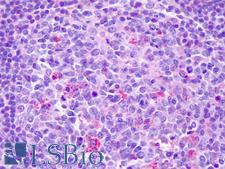
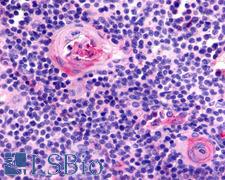
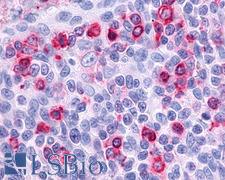
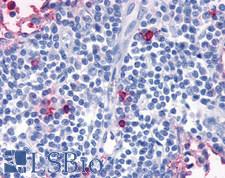
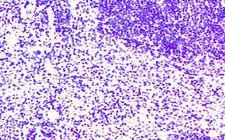
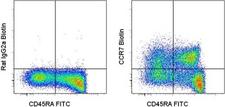
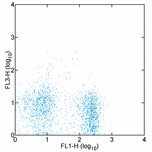
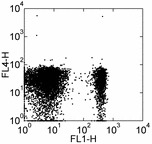
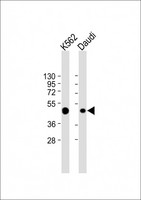
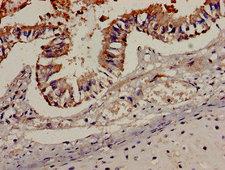

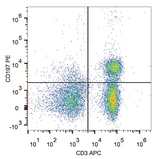
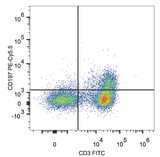
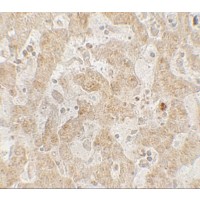


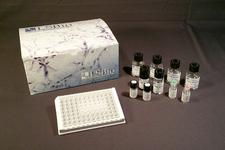
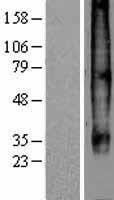
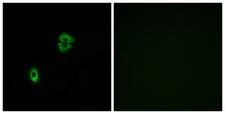

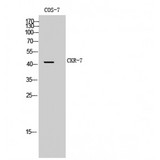
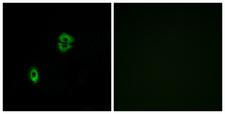

If you do not find the reagent or information you require, please contact Customer.Support@LSBio.com to inquire about additional products in development.












